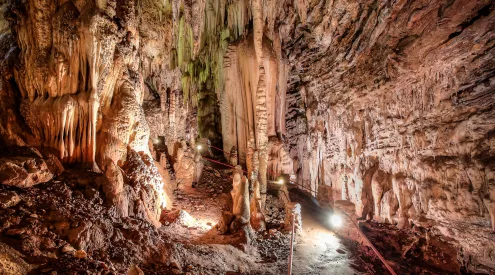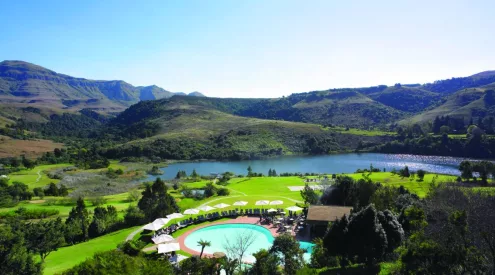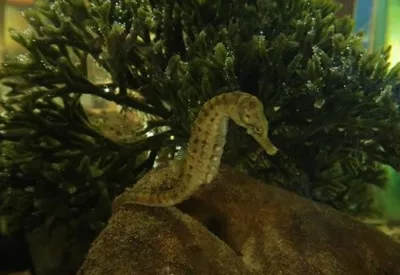The Southern African Foundation for the Conservation of Coastal Birds (SANCCOB) is doubling their love; this February you can adopt and name two African penguins for R600 – usually the price for adopting one.

Not only is this a special gift for someone you love, it is a gift with purpose; all proceeds go toward rehabilitating the penguins and releasing them back into the wild. The special lasts for the entire month of February.
The new ‘adoptive parent’ will get to name both penguins, and receive a certificate of adoption with a photo of the penguin, as well as details as to why and when the penguin was admitted to SANCCOB. To adopt your two penguins, click here.
Why it matters
The biggest threat African penguins currently face is excessive fishing of their prey, oil pollution, and entanglement in fishing gear.
The United Nations Environment Programme’s Convention on the Conservation of Migratory Species of Wild Animals (UNEP CMS) reported that since the 1970s, the African penguin population has decreased by more than 50%.
The ecosystem off South Africa’s west coast is driven by upwelling; a process by which deep, cold water rises toward the surface by strong offshore winds. The cold water brings nutrients with it from the ocean depths, ultimately attracting shoals of pelagic fish such as sardines and anchovies, both of which are core to the penguins’ diet.
These delicate ecological processes have been disturbed by rising ocean water temperatures; a result of climate change. As a result, both sardine and anchovy have gravitated toward the southeastern coast of South Africa, meaning that penguins need to swim much further from their colonies for food.
This particularly affects juvenile penguins. Once they are old enough, they follow the biological signs as what has always been done, only to find that though the plankton is still present, the fish are not. They arrive at the hunting grounds, and with no food, they either starve or become malnourished. The penguins do not change their feeding grounds and fall into what UNEP CMS dubs as the ecological trap.
Additionally, the rising temperatures have resulted in harmful algal blooms, which grow rapidly and accumulate near the ocean surface, promoting the absorption of solar radiation. presents even more problems as phytoplankton – microscopic algae – can be fatal to pelagic fish.
Picture: Pexels
ALSO READ
Seal strandings: the rescue process and what you can do to help















